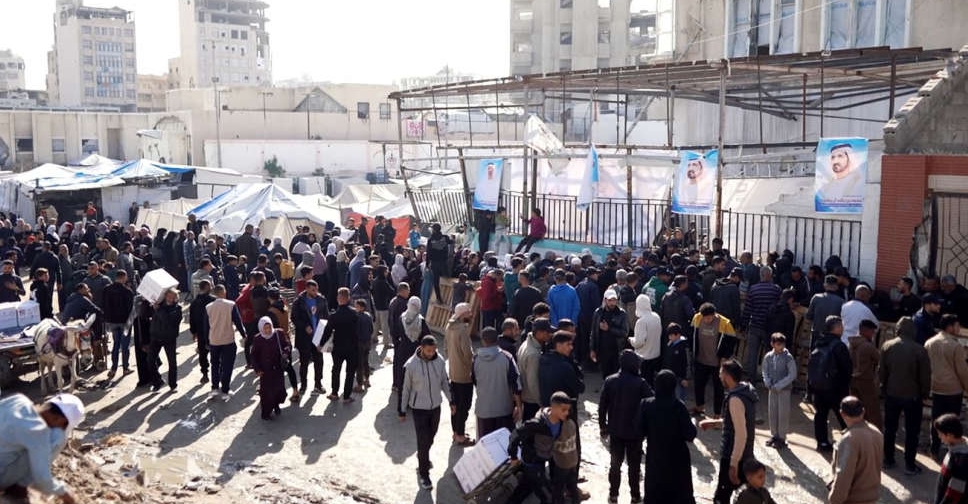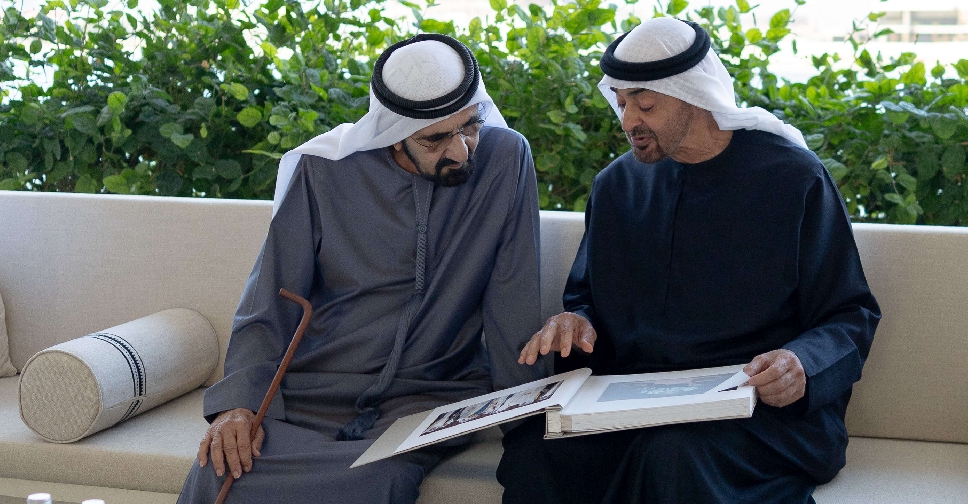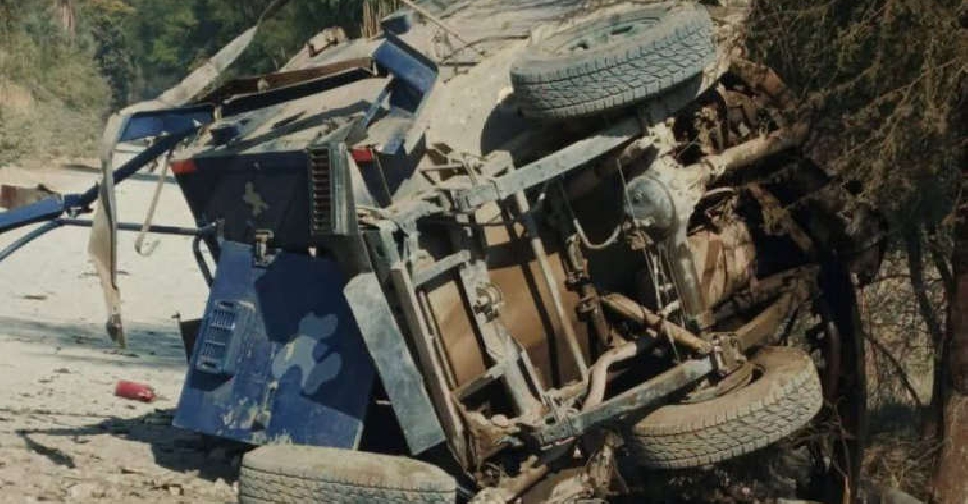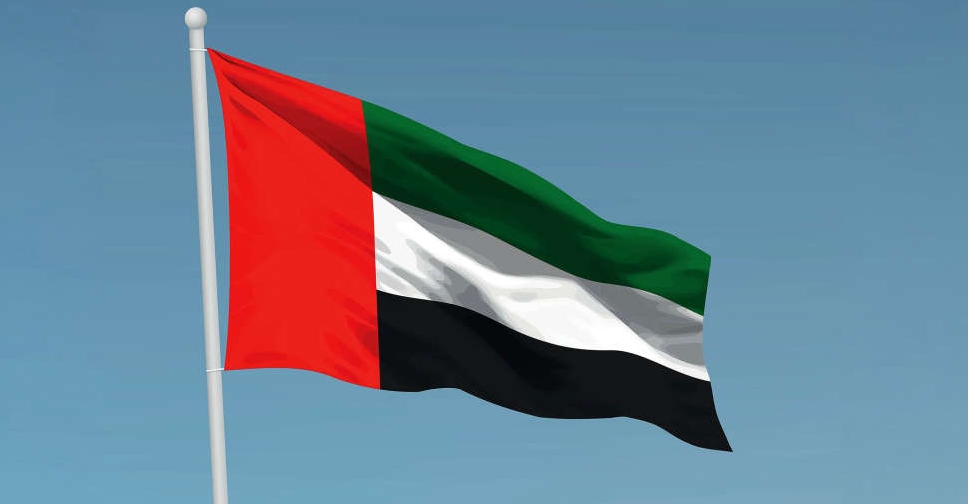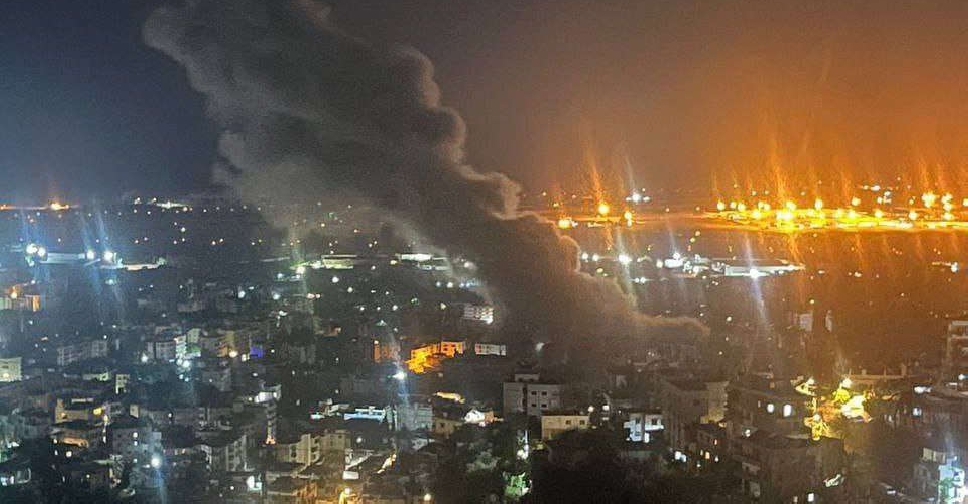
An Israeli airstrike hit Lebanon's northern city of Tripoli for the first time early on Saturday, a Lebanese security source said, after more bombardment hit Beirut's suburbs and Israeli troops sought to make new ground incursions into southern Lebanon.
The source told Reuters a Hamas official, his wife and two children were killed in the strike on a Palestinian refugee camp in Tripoli. Hamas-affiliated media said the strike killed a leader of the group's armed wing.
The Israeli military did not immediately comment on the strike on Tripoli, a Sunni-majority port city.
Israel has sharply expanded its strikes on Lebanon in recent weeks after nearly a year of exchanging fire with Lebanon's Iran-backed armed group Hezbollah. Fighting had been mostly limited to the Israel-Lebanon border area, taking place in parallel to Israel's year-old war in Gaza against Hamas.
Israel has been carrying out nightly bombardment of Beirut's once densely populated southern suburbs, a stronghold of Hezbollah. Overnight, a military spokesman issued three alerts for residents there to evacuate, and Reuters witnesses then heard at least one blast.
On Friday, Israel said it had targeted Hezbollah's intelligence headquarters in the southern suburbs and was assessing the damage after a series of strikes on senior figures in the group.
Israel has eliminated much of Hezbollah's senior military leadership, including Secretary General Sayyed Hassan Nasrallah in an air attack on September 27.
Lebanon's government says more than 2,000 people have been killed there in the past year, most in the past two weeks. Strikes on medical teams and facilities, including the Lebanese Red Cross, Lebanese public hospitals and rescue workers, have also increased.
Lebanon's government says more than 1.2 million Lebanese have been forced from their homes, and the United Nations says most displacement shelters in the country are full. Many had gone north to Tripoli or to neighbouring Syria, but an Israeli strike on Friday closed the main border crossing between Lebanon and Syria.
U.N. spokesperson Stephane Dujarric called the toll on Lebanese civilians "totally unacceptable".

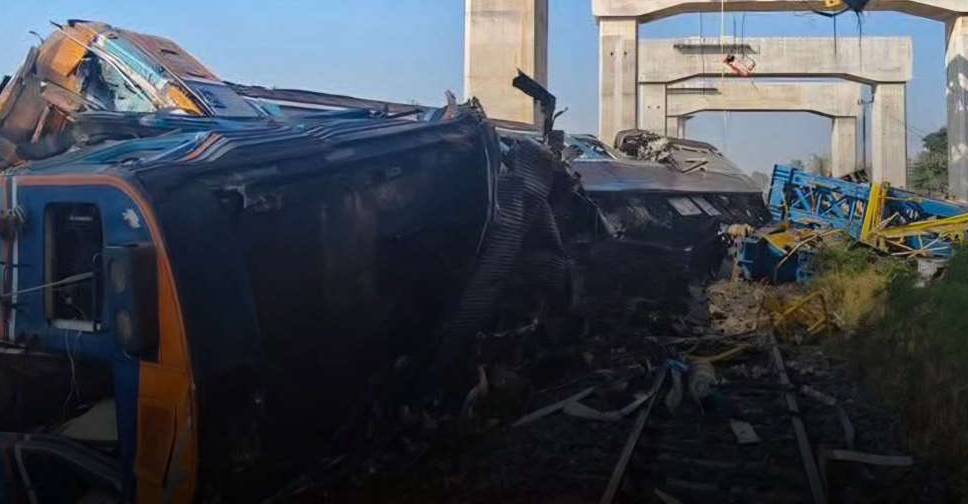 Death toll rises to 19 in Thailand with 80 injured after crane collapses on train
Death toll rises to 19 in Thailand with 80 injured after crane collapses on train
 South Korea prosecutor seeks death penalty for ex-president Yoon over martial law
South Korea prosecutor seeks death penalty for ex-president Yoon over martial law
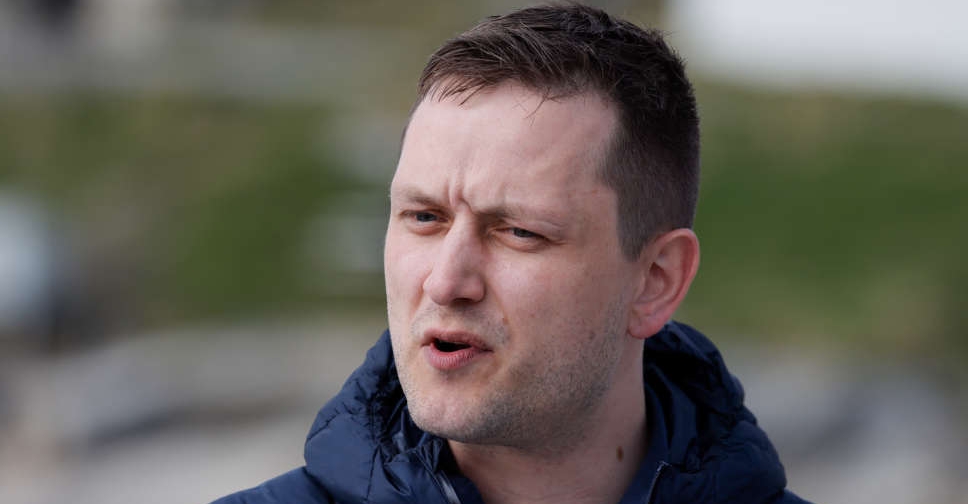 Greenland PM prefers Denmark ties over US ahead of Vance meeting
Greenland PM prefers Denmark ties over US ahead of Vance meeting
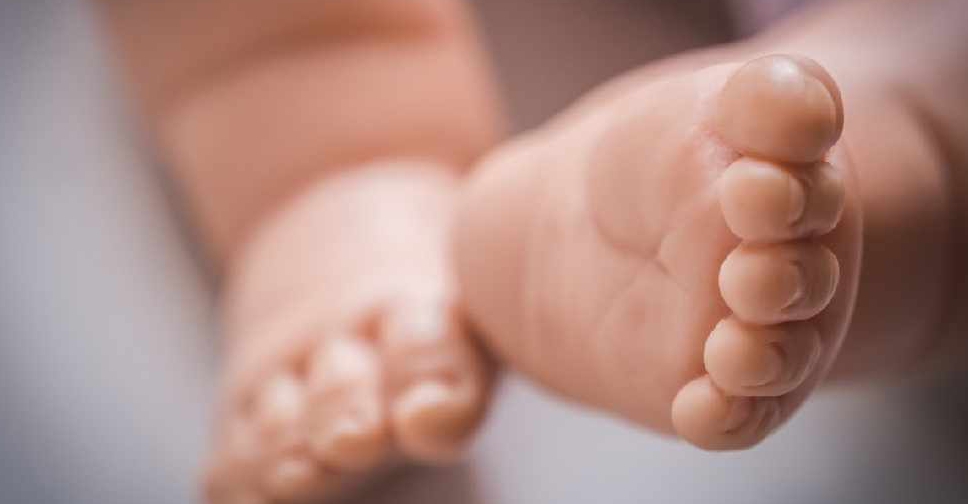 Russia opens negligence probe after 9 babies die in same Siberian hospital
Russia opens negligence probe after 9 babies die in same Siberian hospital
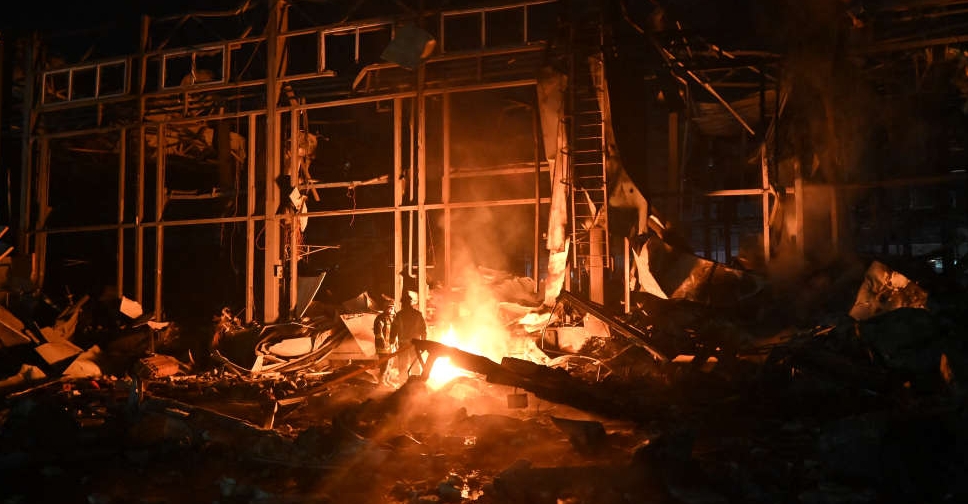 Russian strikes on Ukraine kill four, knock out heat and power
Russian strikes on Ukraine kill four, knock out heat and power
